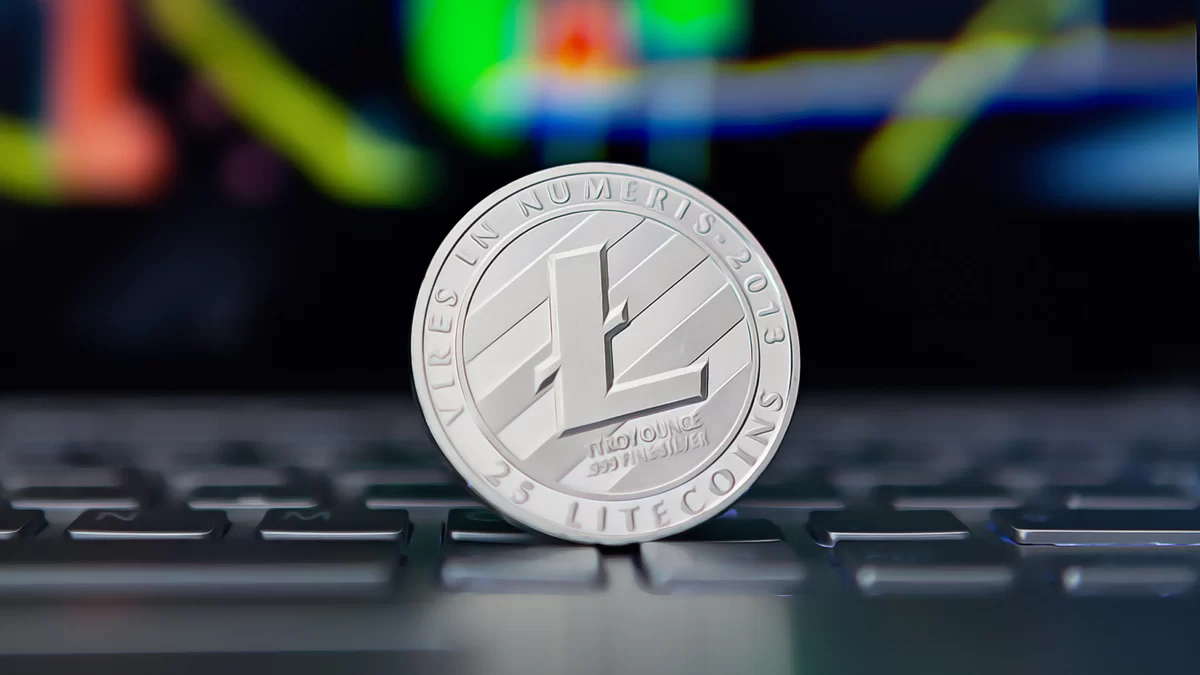Binance, known as the world’s largest cryptocurrency exchange in terms of trade volume, has been attracting attention due to multiple ongoing issues. The problems have increased considerably after the lawsuit filed by the US Securities and Exchange Commission (SEC) against Binance. The current issue at hand is entirely related to liquidity.
Bitcoin Cash Problem on Binance
Users of Binance.US, the US subsidiary of Binance, seem to be caught in unending troubles. The liquidity issues, which began months ago, now seem to have reached a peak. The situation is particularly troublesome for users wanting to trade Bitcoin Cash (BCH). An advisory issued by Binance highlighted the specific issue with Bitcoin Cash. According to Binance’s post, BCH withdrawal operations are faltering due to a “temporary restriction”.
Binance’s team stated in the post that the BCH assets will be rebalanced, indicating that the exchange currently does not possess enough BCH. A Twitter user who shared this situation pointed out that the problem has been ongoing for three days, emphasizing how significant the problem is. The user explained that normally, the BCH funds deposited by the exchange’s customers should be kept in reserves at a 1:1 ratio, highlighting that this shortage is inexplicable.

However, Binance US is not only in the spotlight due to this issue. The exchange appears to be facing severe liquidity problems for many cryptocurrencies, as can be deduced from its order book. According to the latest data shared, the BTC price on Binance US is approximately $3,000 cheaper. Such sharp price movements are usually observed when there are liquidity issues.
Will Binance Solve the Problem?
While Binance US is a subsidiary of Binance, due to the ongoing lawsuit, Binance does not have any access to the exchange. This brings to mind the possibility that Binance might have been able to support liquidity in previous periods. It remains to be seen whether Binance US, which currently has no access to this support, can solve its liquidity problems. Currently, these “restrictions” and problems, specifically seen with BCH, might spread to other cryptocurrencies in the future, and the situation could potentially escalate.









